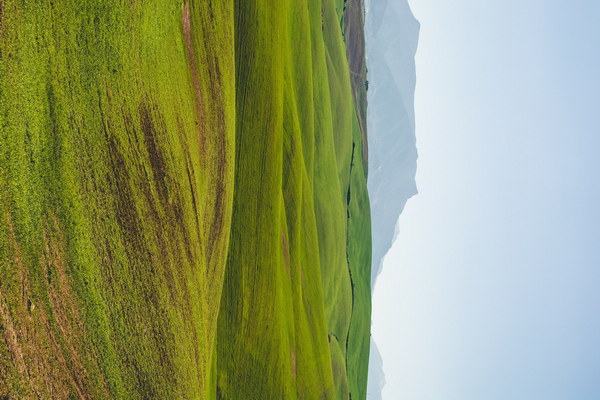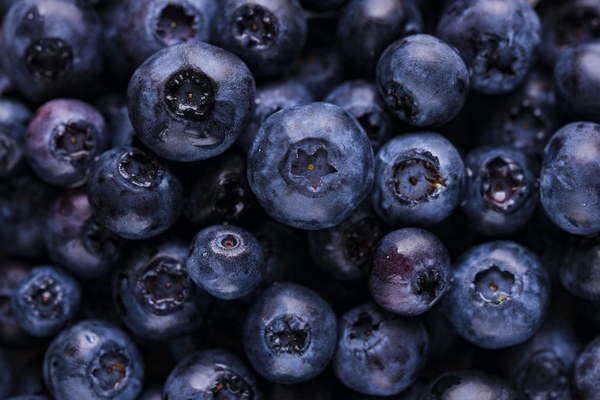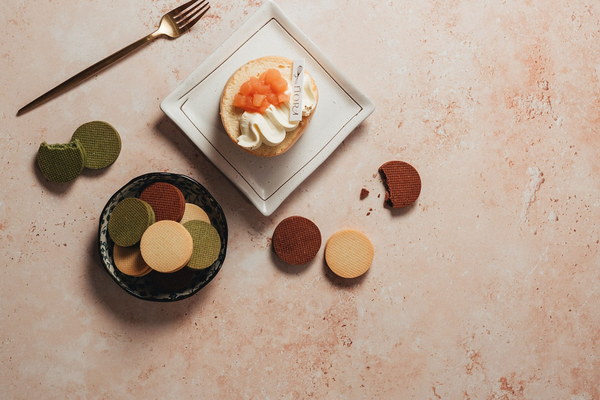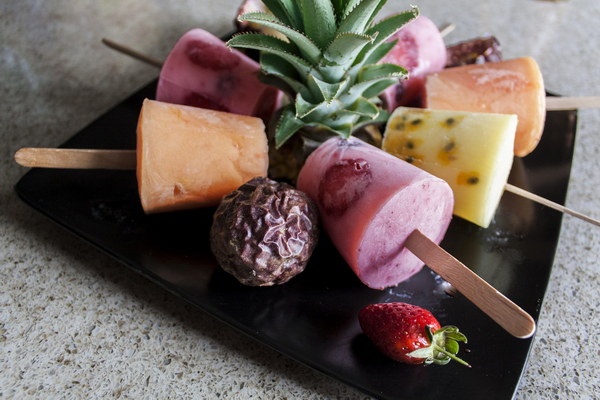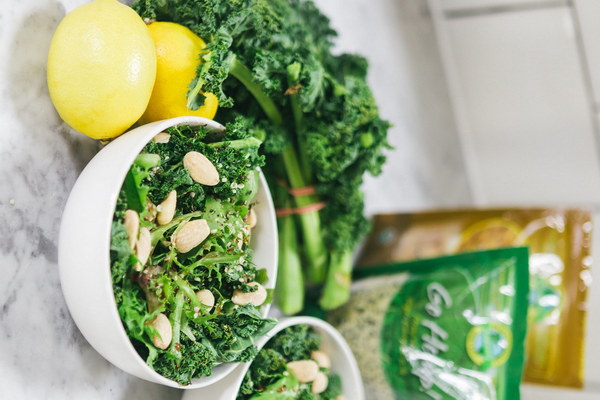Does Removing Dampness Help Clear Acne Exploring the Connection
Introduction:
Acne is a common skin condition that affects millions of people worldwide. While various treatments and remedies are available, many individuals seek natural and holistic approaches to address this skin concern. One such approach is the removal of dampness, which is believed to be a root cause of acne in some traditional Chinese medicine (TCM) practices. In this article, we will explore the connection between removing dampness and acne, and whether this ancient practice can indeed help clear acne.
Understanding Dampness in Traditional Chinese Medicine:
In TCM, dampness is considered an internal imbalance that can manifest externally as various health issues, including skin conditions like acne. Dampness is believed to be caused by an overabundance of moisture in the body, which can be attributed to factors such as poor diet, excessive sweating, and environmental factors like humidity.
The Link Between Dampness and Acne:
According to TCM, dampness can affect the body's ability to eliminate toxins, leading to the accumulation of impurities that can clog pores and cause acne. When dampness is present, the body's energy (Qi) may become stagnant, further contributing to the development of acne. Therefore, many TCM practitioners believe that addressing dampness is crucial for treating acne.
Removing Dampness: Natural Remedies and Practices:
Several natural remedies and practices are commonly recommended in TCM to remove dampness and, subsequently, help clear acne. Here are some of the most popular methods:
1. Diet: A diet rich in warm, dry, and nourishing foods is often recommended. This includes foods such as lean proteins, grains, and vegetables like carrots, beets, and ginger. On the other hand, cold, damp, and heavy foods like dairy products, sugary treats, and raw fruits and vegetables are discouraged.
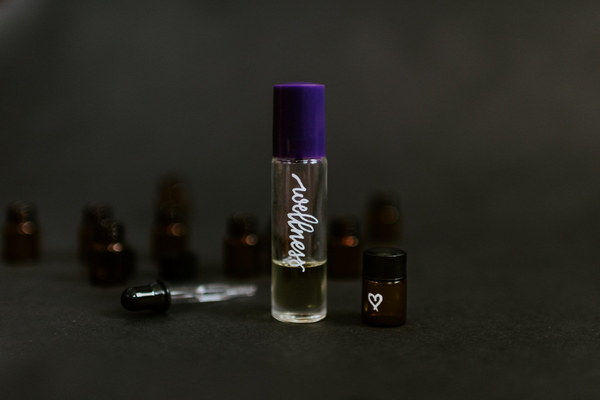
2. Herbs: Herbs with drying and draining properties are often prescribed to remove dampness. Some commonly used herbs include cinnamon, atractylodes, and Poria. These herbs are usually formulated into teas or taken as capsules.
3. Acupuncture: Acupuncture is believed to help regulate Qi flow, which can alleviate dampness and improve overall health. During an acupuncture session, fine needles are inserted into specific points on the body to stimulate energy flow.
4. Exercise: Regular exercise is encouraged to promote sweating, which can help eliminate dampness through the skin. Activities like walking, jogging, and yoga can be beneficial.
5. Lifestyle Changes: Reducing stress, ensuring adequate sleep, and maintaining proper hygiene are also important aspects of addressing dampness and improving skin health.
Does Removing Dampness Help Clear Acne?
While the link between dampness and acne in TCM is well-documented, the scientific evidence supporting this connection is limited. Some studies have suggested that certain TCM treatments, such as herbal remedies, may be effective for treating acne. However, more research is needed to establish a definitive link between removing dampness and acne clearance.
Conclusion:
In conclusion, while the removal of dampness is a fundamental concept in TCM and may be beneficial for some individuals with acne, the scientific evidence supporting this approach is still inconclusive. It is essential for individuals seeking treatment for acne to consult with healthcare professionals, including dermatologists and TCM practitioners, to determine the most suitable and effective treatment plan for their specific needs. Combining both conventional and holistic approaches may offer the best chance for successful acne management.
